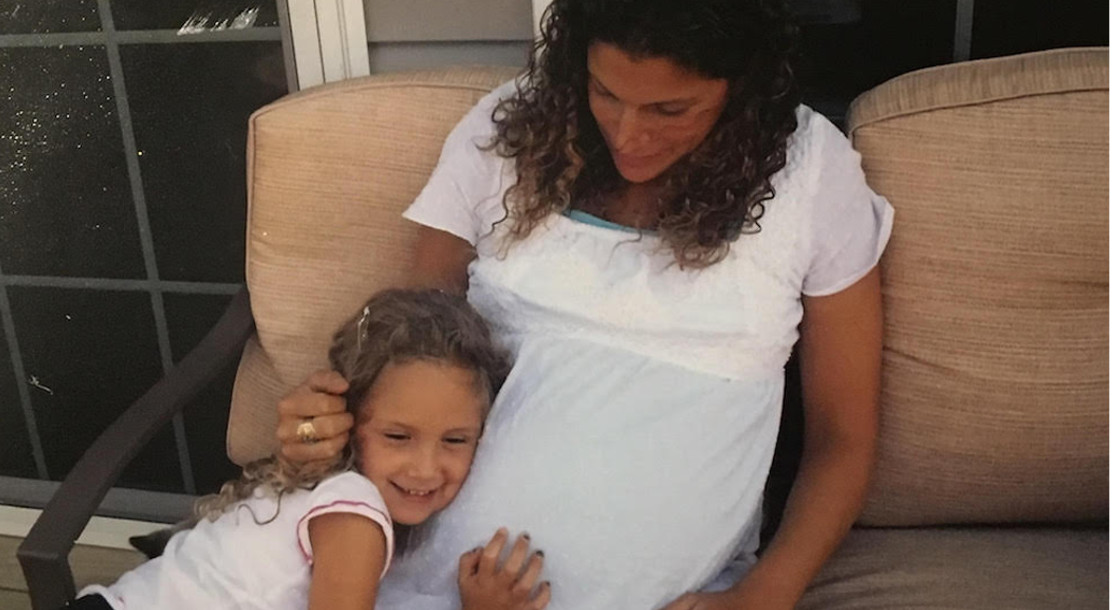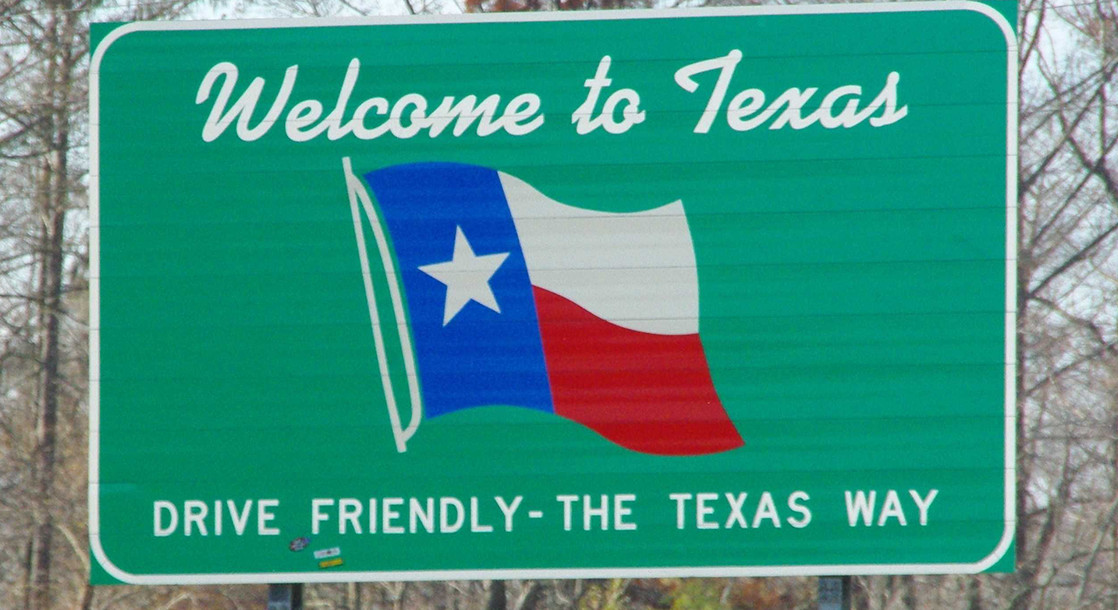Postpartum Depression (PPD) impacts 11 to 20 percent of all women who give birth each year. PPD goes beyond the "baby blues," and without proper screening, diagnosis, and treatment it can be devastating and potentially harmful to both mother and family. However, some women are finding relief from PPD with cannabis.
Postpartum Depression impacts everyone a little differently, but for most, the depression (or anxiety and even psychosis), can be debilitating enough to halt daily life. Many women treat PPD with traditional methods like therapy, SSRI medication, and antidepressants. And, for some, they're able to find the right combination to relieve their symptoms. For others, though, prescription medication or costly therapy might not work for their particular situation. This was the case for California mother, Celia Behar, who had already experienced PPD with her first daughter and found that it came back after having her second.
"After my second daughter was born, I didn't feel right," Behar told MERRYJANE. "She was almost two, and I was still having severe anxiety and depression. But it wasn't the same as the PPD I had with my first, which was early onset and very obvious. It had sort of snuck on me, and I was really struggling." Behar says that she had been prescribed, and tried, a variety of traditional medication including Xanax and eventually Wellbutrin. She says they worked to a certain extent, but the side effects like insomnia made it hard for her to manage.
The anxiety and depression Behar was feeling caused her to lose focus, making it hard to function. She would teeter between feeling everything at once to feeling completely numb. It impacted her parenting. "I couldn't be in the moment with my kids because I was constantly thinking about everything that I had to get done, all the things that could go wrong, and judging myself for not being 'happy,'" explains Behar. "I wasn't comfortable in my own skin."
Tom Grubbs, a friend of Behar's and a partner at Moto Perpetuo cannabis farm, suggested using the plant to treat some of her symptoms, but she was hesitant at first. "I had never thought of doing that before and, in fact, had judged other moms I knew for using it," Behar admits. "But I was desperate, so I tried it. And he was right. It worked like nothing else had."
Cannabis, Behar claims, helped her "level out." It stopped a lot of what she was experiencing. "It's like my emotions and my brain caught up with each other and could regulate," she says. "I still use it for anxiety and it still works that way." Behar's cannabis use helped with balancing her mood and allowed her to sleep. Cannabis also has the potential to help individuals suffering from irritability, insomnia, anxiety, appetite changes, and other symptoms associated with PPT.

Due to the stigma attached to cannabis — even in states where medical marijuana is legal — Behar was fairly quiet about using the plant to alleviate her symptoms at first. But she eventually "came out," and in a big way. The mother of two was recently featured on an NBC affiliate program that detailed her use of cannabis for PPD. The response to her appearance, she shares, was mixed. "There has definitely been judgment and hate mail from people, and some shock and concern for my kids," Behar recounts. "I've been accused of giving my kids a contact high — which is certainly not something that happens!"
Behar admits that her children are aware that she uses cannabis and see her use it (she vapes). And she says that she definitely sees an increase in people judging her as a mom for cannabis use, but that in her experience, "PPD in general is something that comes along with a lot of judgement."
She says she's also found that some folks are actually curious about it and have reached out to her to learn more. "Most of those people seem more comfortable with a topical form because the stigma of ingesting it or smoking it is still too much,” she adds.
Behar has also heard from many other mothers who connected with her over their shared use of cannabis as a remedy. "They feel it has made them better moms," says Behar. They tell me that they feel like they can't talk about it openly and are so grateful that I am giving them a voice. So, because of them, I can take the hate and judgement without an issue."
Unfortunately, because it is not federally legal, The American Congress of Obstetricians and Gynecologists (ACOG), the leading professional organization of OBGYNs, has no official statement on treating PPD with cannabis. If you think that cannabis might help you, please talk to your provider to make sure it's the right choice for your situation.











